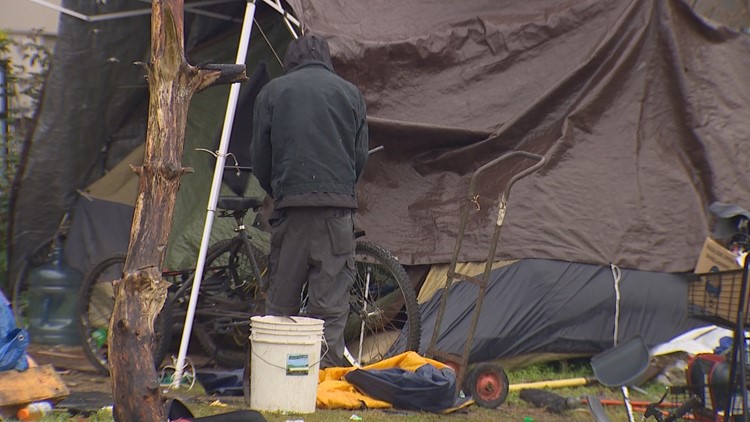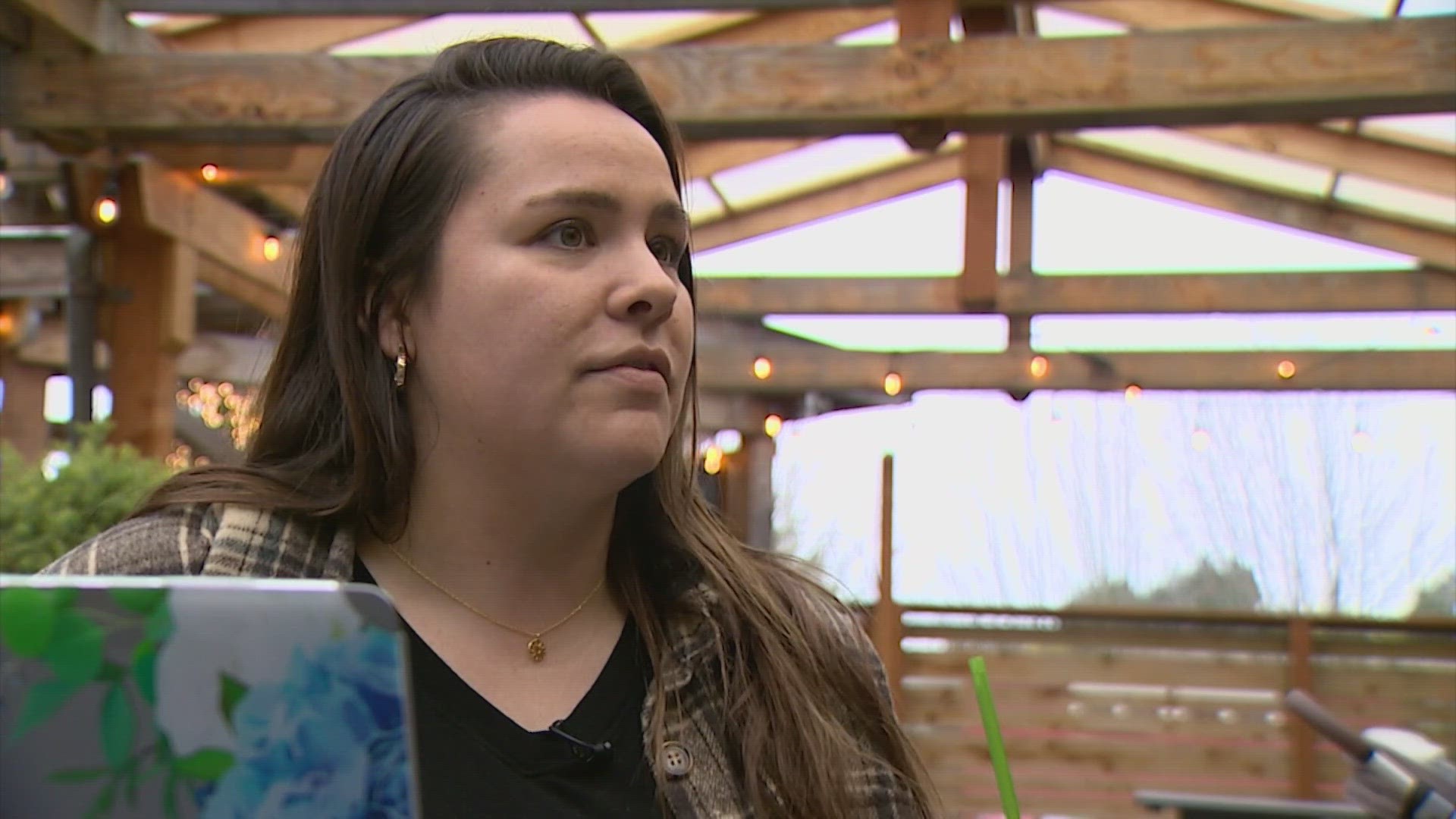Voters and businesses should be skeptical of Seattle's approach to fighting homelessness, a Seattle University professor said.
City leaders approved this week a new head tax that will raise nearly $50 million a year in revenue -- on top of the more than $77 million already allocated for homelessness in the 2018 budget.
WATCH: What is a head tax?
“I think the fundamental problem that the city has is the lack of a coherent strategy and the inability, so far, to really communicate what it is that they're doing to their constituents,” said Professor Sara Rankin of SU School of Law.
Rankin launched a Homeless Rights Advocacy Project at SU to study the issue in 2015, the same year the city declared a state of emergency on homelessness.
While an overwhelmingly complex problem to solve, Rankin does not believe the region has made substantial progress nor invested in the right priorities.
“If the city were run like a business, they would say what works, and shouldn't we bring that to scale,” she said.
Rankin faults the current city budget for spending too much on emergency services, including temporary shelters and authorized encampments. Currently, that category receives the most funding in the Human Services Department’s more than $71 million budget.
“What the city should be concentrating on, with the money it has, is what's proven to work,” Rankin said. “Using shelters is one of the least effective ways to address the underlying problems of homelessness.”
Rankin believes the city should instead prioritize affordable housing and scale up its “Housing First” model, considered a "best practice" with success nationwide, according to research.
In Seattle, 1811 Eastlake is an example of the “Housing First” model, considered low barrier, permanent supportive housing for chronically homeless, including those with alcohol addiction.
The site does not require pre-conditions, such as treatment, to apply. However, Rankin points to research that shows positive outcomes for both residents and taxpayers.
A past study found it saved more than $4 million in costs in its first year of operation, along with a decrease in alcohol use among the homeless residents.
“Once people have that basic stability of a place to sleep and some food to eat, they are much better equipped to start dealing with those secondary problems in their lives, like addiction, like a lack of a job, and other issues that we typically expect them to fix in order to deserve housing,” said Rankin.
Downtown Emergency Service Center operates 1811 Eastlake, along with 11 other supportive housing sites across the region.
While a spokeswoman for the city’s Department of Housing says “Housing First” is considered a priority, she was unable to give a total number of dollars spent on the approach by deadline.
DESC says it also receives federal and county funds to help supports its projects in the city.
However, Rankin points to other cities, such as Salt Lake City, Utah, and Houston, Texas, as examples of places that have prioritized the Housing First with positive results. She believes Seattle needs to place greater focus on the longer-term approach if it seriously wants to make a dent in the continued homelessness crisis.
Is Utah still a model for solving chronic homelessness via Desert News
What Houston is doing, via Houston Chronicle
“I know a lot of people in Seattle pushback on ideas. The mayor’s office should not be afraid of community pushback if they sit down and look at what works,” said Rankin.
“We know what some of the most effective solutions to housing and homelessness crises are; we just lack the will to pursue it. We lack the commitment to implement it. A business would do what is going to be necessary for the business to thrive. That’s what the city needs to do.”



